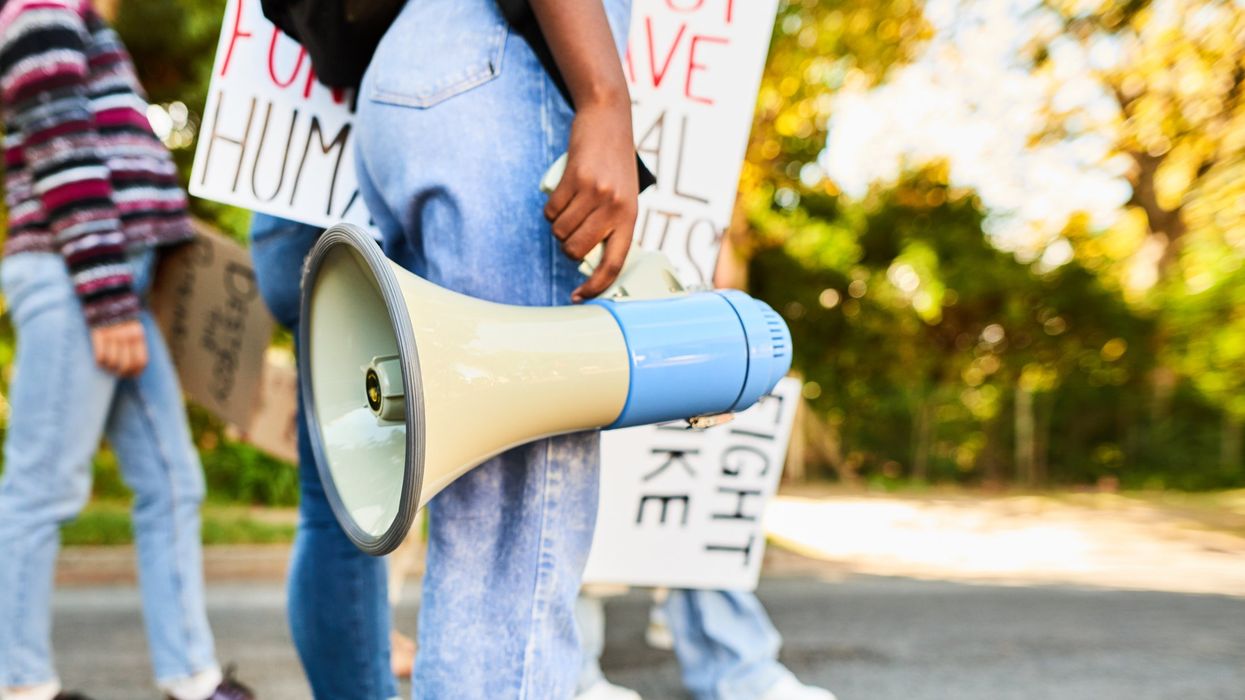We were raised in the middle of a political hurricane.
Our childhoods came with breaking news alerts: lockdowns, impeachments, mass shootings, a pandemic, and presidents tweeting threats in real time. We never saw the so-called “good old days.” We learned early that politics wasn’t some distant, dignified machine—it was messy, volatile, and often cruel.
So, it’s no surprise that trust is in freefall. Only 22% of Americans believe the federal government will do the right thing most of the time. Among young people, it’s even worse. We trust each other more than we trust the people running the country—74% of us believe in our peers and neighbors, but just 37% trust Congress. Political parties? Still waiting.
We came of age in the era of Donald Trump, when “fake news” became a weapon, disagreement turned into a daily blood sport, and wearing a mask could spark a shouting match. Politics wasn’t a steady backdrop to our lives—it was the storm itself.
And yet—here’s the plot twist—we didn’t walk away.
In 2020, half of young voters showed up at the polls, the highest turnout in decades. In Boston and San Antonio, youth advisory councils are helping decide real budgets and policies. In Georgia, young organizers didn’t just knock on doors—they helped flip Senate seats. Across the country, Gen Z isn’t just voting. We’re running for office. And winning.
I’ve seen trust start small, in the rooms where decisions are made right in front of you. At a recent county town hall, young people in my community spoke up about how leftover COVID relief funds could be used for youth mental health services. A week later, the council announced that funding would go toward exactly that. Watching peers my age shape policy in real time reminded me: trust doesn’t have to start at the top. It can start with us, right where we live.
We’ve built our trust where it matters most: in grassroots climate strikes, in mutual aid food drives, in the town hall meetings where we can look the decision-makers in the eye. We believe in what we can see, touch, and shape ourselves.
If leaders want our trust, they have to earn it. That means more than token “youth outreach” events or carefully staged Instagram posts. It means giving young people a real seat at the table where decisions are made—voting power to match. It means appointing us to state and local boards, integrating youth representation into school boards and budget committees, and trusting us to stay there long after the cameras are gone.
We’ve inherited a political system that often feels like it’s breaking in slow motion. But we’re not here to watch it crumble. We've also inherited the tools—and the audacity—to rebuild it; stronger, fairer, and built to last. Our trust may be fragile, but belief lives in action. And action is one thing my generation refuses to surrender.
We’ve seen politics at its worst—and that’s exactly why we’re here to make it better.
Harper Brod is a Virginia-based student and writer focused on government and civic participation. She plans to pursue a career in public policy and is especially interested in how institutions can build trust with younger generations.



















Trump & Hegseth gave Mark Kelly a huge 2028 gift